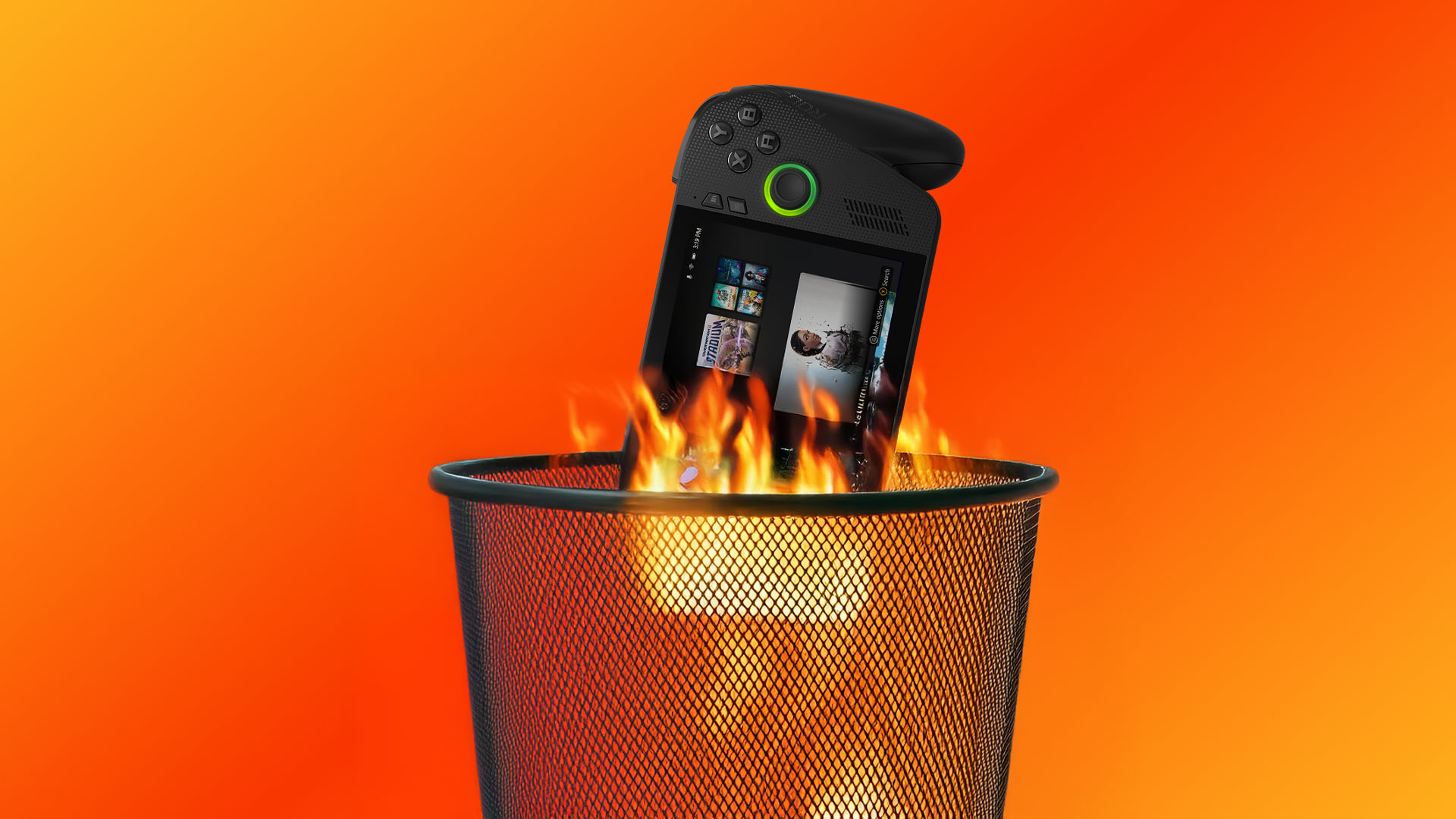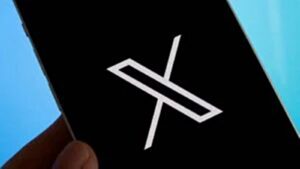A founding member of the original Xbox project has weighed in on the new Asus Ally Xbox handheld, saying there’s “literally no reason to buy” the new device, while also saying that she personally thinks “Xbox hardware is dead” now. Formerly the director of the Xbox Advanced Technology Group, Laura Fryer shared her thoughts in a YouTube video, in which she said Microsoft is now “betting the entire business on Game Pass.”
The new Xbox Ally handheld lineup was unveiled in June 2025, and it has a similar spec to the existing Asus ROG Ally X, but with the latest AMD Ryzen Z2 hardware, rather than the older Z1 chips. The device was designed by Asus, rather than Microsoft, and has Xbox-style controller grips on the sides. It stands in stark contrast to the Steam Deck, which Valve developed itself over several years, progressing through a number of prototypes, rather than just sticking Steam branding on a third-party device.

Comparatively, Microsoft is “leaving the hardware innovation to their partners at Asus,” says Fryer in her video called The Future of Xbox, which you can see above. “It’s much easier to slap an Xbox sticker on an existing piece of hardware and call it a day,” she says. “If you don’t care about console sales or exclusive games anymore, why bother innovating in hardware?”
I’m old enough to remember when the original Xbox came out, and while it wasn’t pretty (it was a big clunky black box with an X on the top), it brought new PC tech to the console audience for the first time, including an Intel x86 CPU and an Nvidia GPU with programmable shaders, not to mention a hard drive. Microsoft invested a lot of time and effort into the design and ecosystem, securing custom parts from key chip makers.
More importantly, unlike a PC, you knew you could run games on it without needing to upgrade, and it also had exclusives, such as the Halo series. Likewise, the Xbox 360 brought us an AMD GPU with a unified shader architecture before this tech had even made it to the PC.
That’s all quite different from putting Xbox branding on an Asus handheld that runs Windows and is based on existing hardware, especially when you can run Xbox games on PC for the most part now. “Here’s the problem,” says Fryer. “Xbox doesn’t do exclusives anymore. Xbox Anywhere means I can play that game on any platform. I can play it on Xbox or PC – I may even be able to play it on the PS5 or the Switch. So why would I buy the ROG Ally?”
And this leads us to the killer line, which is that, in Fryer’s opinion, there’s “literally no reason to buy this handheld.” In what’s either a touch of optimism or sarcasm, Fryer adds that maybe next year “the fog will clear and all of us will see the beauty in these latest announcements.”
While Microsoft’s approach to the Xbox Ally hardware is certainly different from its approach to making the first Xbox consoles, there’s also no doubt that the company now has a huge array of first-party game talent under its belt. Not only does Microsoft own Bethesda and Activision Blizzard as subsidiary brands now, but it also has Double Fine Compulsion, inXile, Ninja Theory, and Playground in its roster.
If you’re looking to buy a portable gaming device yourself, check out our guide to buying the best handheld, where we take you through all our favorite options right now.
You can also follow us on Google News for daily PC games news, reviews, and guides. In addition, we have a vibrant community Discord server, where you can chat about this story with members of the team and fellow readers.
Source link
Asus




Average Rating